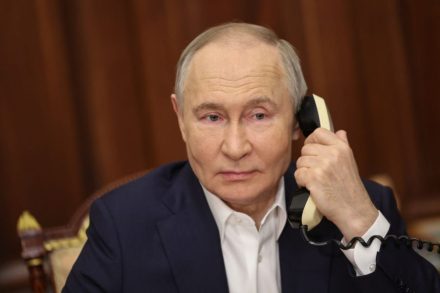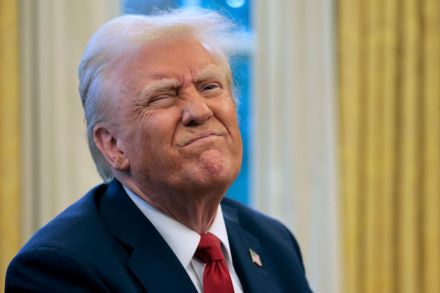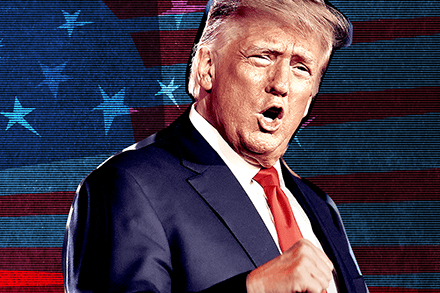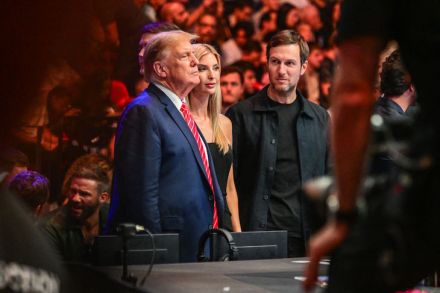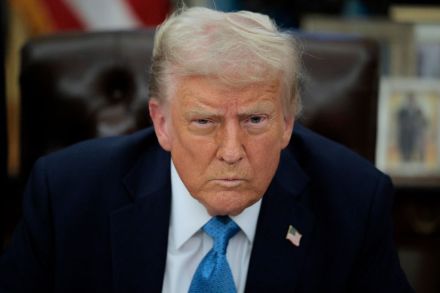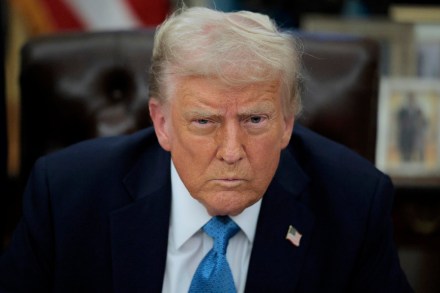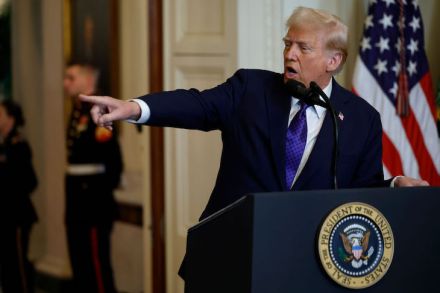Has Putin picked up the phone to Donald Trump?
So, did they speak? How often? What about? The very coyness around the question of whether Donald Trump and Vladimir Putin spoke on the phone – Trump says so, maybe more than once, while the Kremlin is neither confirming nor denying – suggests that pre-discussion discussions on the war in Ukraine are indeed already taking place. General Keith Kellogg, Trump’s special envoy for the war, has stated that no peace plan will be unveiled at next weekend’s Munich Security Conference (the Davos of the security set). But in some ways that is disingenuous. As one Foreign Office staffer suggested, ‘It’s not necessarily the time and place for a public reveal,
